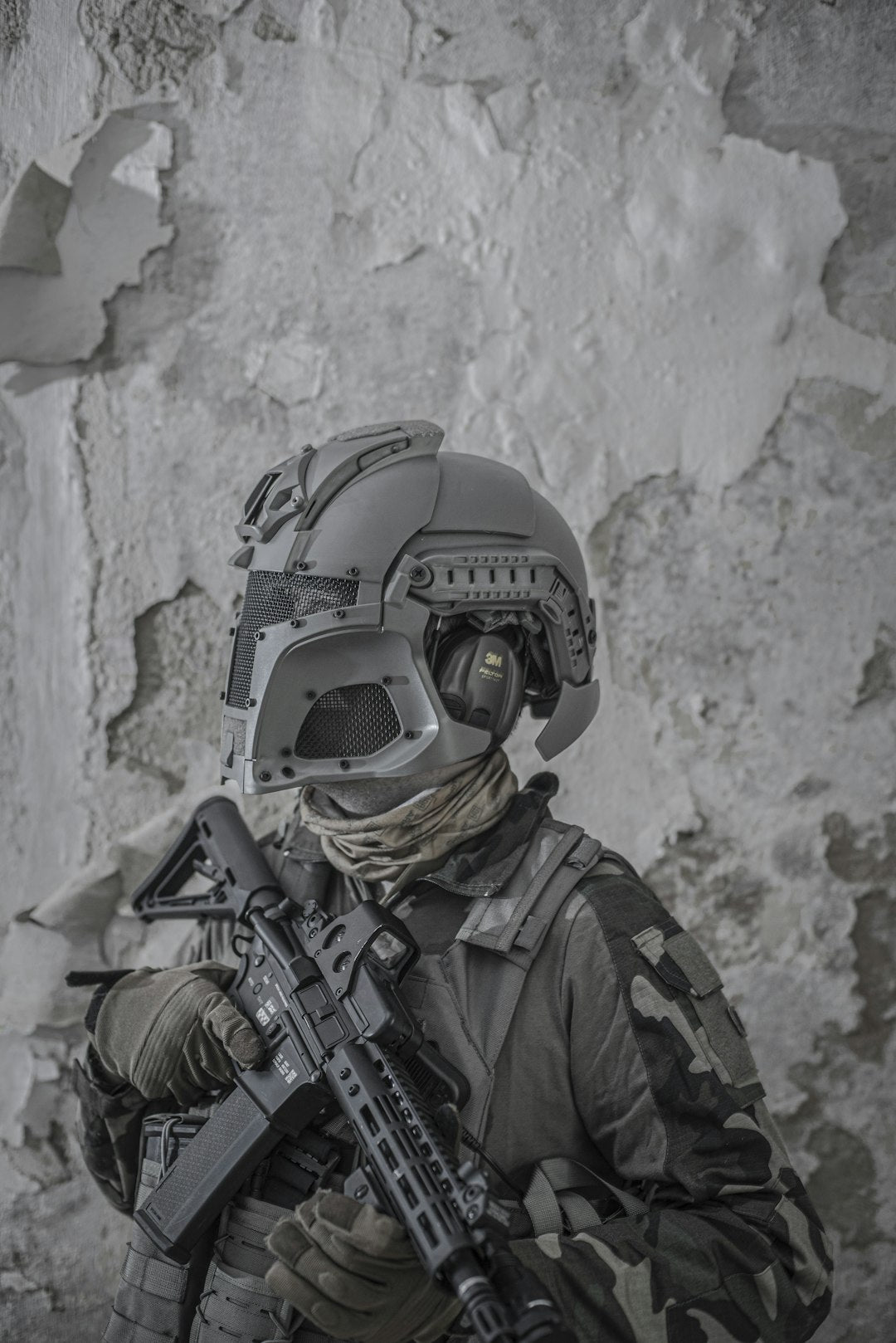
Understanding and Addressing Mental Health Challenges Among Veterans
Share
Serving in the military comes with a unique set of challenges and experiences that can have a lasting impact on the mental health of veterans. Many veterans struggle with conditions such as PTSD, depression, anxiety, and more, as a result of their service. It's important to recognize and address these mental health challenges to provide support and resources for those who have sacrificed so much for our country.
The Impact of Military Service on Mental Health
Individuals who have served in the military, such as the brave men and women of the 10th Mountain Division in the US Army, often face a range of mental health challenges due to their experiences during deployment. The stress of combat, the separation from loved ones, and the constant pressure to perform can take a toll on their mental well-being.
Post-Traumatic Stress Disorder (PTSD)
One of the most common mental health challenges faced by veterans is Post-Traumatic Stress Disorder (PTSD). PTSD can develop after experiencing a traumatic event, such as combat or witnessing the loss of a fellow soldier. Symptoms of PTSD can include flashbacks, nightmares, and severe anxiety.
It's important for veterans struggling with PTSD to seek help and support from mental health professionals. Treatment options such as therapy, medication, and support groups can help individuals manage their symptoms and improve their quality of life.
Depression and Anxiety
Depression and anxiety are also prevalent among veterans, often stemming from the unique stressors of military life. The transition from military to civilian life can be challenging, and many veterans struggle to adjust to a new routine and a different sense of purpose.
Supportive services, such as counseling, peer support groups, and mental health resources specifically tailored to veterans, can be instrumental in helping individuals cope with depression and anxiety.
Recognizing the Signs and Seeking Help
It's important for family members, friends, and communities to recognize the signs of mental health challenges in veterans and encourage them to seek help. Some common signs to look out for include social withdrawal, changes in mood, difficulty sleeping, and increased substance use.
By providing a supportive environment and offering resources for mental health treatment, we can help veterans get the support they need to overcome their challenges and lead fulfilling lives.
Supporting Veterans' Mental Health
Organizations like Pando Commando are dedicated to supporting the mental health and well-being of veterans. By raising awareness about the struggles that veterans face and providing access to resources and support, we can make a positive impact on the lives of those who have served our country.
Community Outreach and Education
Community outreach programs and educational initiatives play a crucial role in addressing mental health challenges among veterans. By educating the public about the unique experiences of veterans and the potential mental health issues they may face, we can reduce stigma and encourage individuals to seek help.
Creating a Supportive Network
Building a strong support network for veterans is essential in helping them navigate the challenges of mental health. Peer support groups, mental health hotlines, and veteran-specific resources can provide a sense of belonging and understanding for those who may be struggling.
Empowering Veterans to Seek Help
It's important to empower veterans to take control of their mental health and seek help when needed. By promoting a culture of openness and understanding surrounding mental health, we can break down barriers to treatment and encourage individuals to prioritize their well-being.
Ending the Stigma and Building Resilience
By recognizing the mental health challenges faced by veterans and working together to provide support and resources, we can help build resilience and promote healing for those who have served our country. Together, we can end the stigma surrounding mental health and create a more supportive and understanding community for all veterans.


